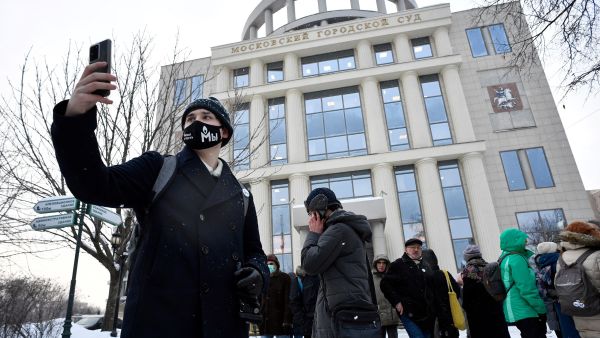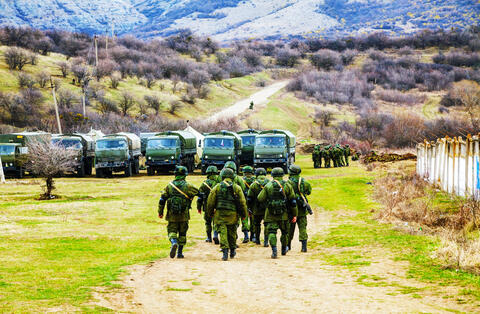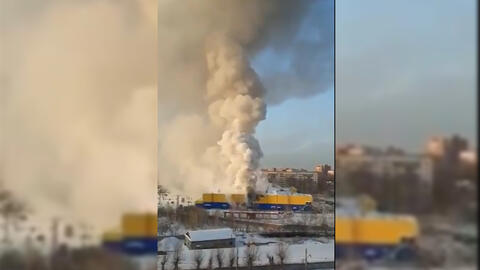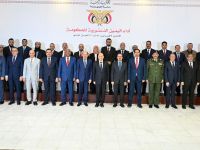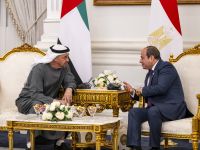The European Union, US, UK, Australia, and Canada have condemned Russian courts’ decisions to shut down a human rights group and its sister organization.
“We deplore the decisions by two Russian courts to forcibly close International Memorial and the Memorial Human Rights Center,” the parties wrote in a joint statement issued late Friday.
Lana Estemirova,the daughter of Natalya Estemirova,a former Memorial board member murdered in Chechnya for her human rights work in 2009,wrote in response to the verdict:“My mother always used to say:‘It can’t get any worse than this.’ Turns out it can.”
— Mikhail Khodorkovsky (English) (@mbk_center) December 29, 2021
?https://t.co/QWmLD3QDE2 pic.twitter.com/s2AvGIV1tP
The document refuted Russian authorities’ claims that Memorial’s work “justifies extremism and terrorism,” pointing out that the organization “has fulfilled a unique role in documenting historical crimes” and exposing human rights abuses over the past 30 years.
They also pointed out that the court decision on Memorial subscribes to “a systematic repression in Russia against human rights defenders, independent media and journalists, political opposition members and critical voices, as well as religious minority groups and other marginalized groups.”
The parties called on Russia to respect its international human rights obligations and reiterated their criticism of the Russian legislation on “foreign agents” that is meant to silence civil society organizations.
The Moscow City Court and Russia’s Supreme Court ordered the closure of two organizations this week, citing the “foreign agents” law.
Moscow court shuts down another arm of human rights group Memorial, amid a broad crackdown on dissent in Russia https://t.co/UWqZ3YNy5X
— CNN Breaking News (@cnnbrk) December 29, 2021
Memorial has gained an international reputation for its research on political repression during the Soviet Union times, particularly under Joseph Stalin’s leadership, as well as advocating for human rights by maintaining a list of political prisoners and exposing abuses in Russia, including in the Northern Caucasus.
This article has been adapted from its original source.


